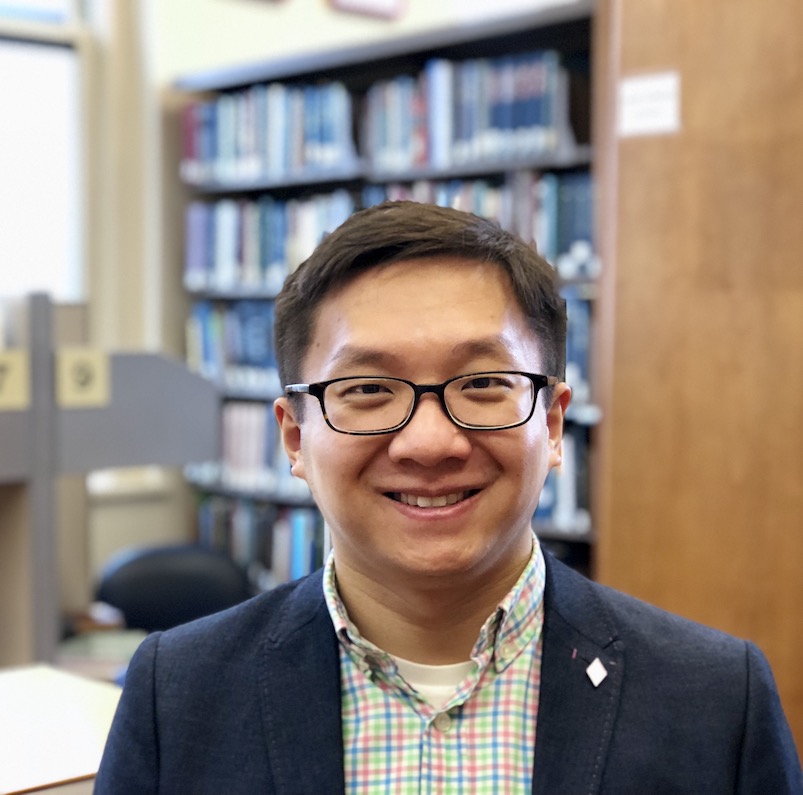
Areas of Expertise
Tax Law and Policy, Tax-Exempt Organizations, Administrative Law
Courses
Federal Income Taxation, Tax Policy, Partnership Taxation
Biography
Alex Zhang is a lawyer and scholar of taxation. At Emory, he teaches Federal Income Taxation, Corporate Taxation, Partnership Taxation, and seminars that take historical, comparative, and philosophical approaches to tax policy. His work has appeared in print and as forum essays from Columbia Law Review, Cornell Law Review, NYU Law Review, Virginia Law Review, Stanford Law Review, and Yale Law Journal. It has been cited by the U.S. Supreme Court (in Moore v. United States, a key case about the federal taxing power).
Zhang's research centers on taxation and democracy. Recent articles explore the relationship between fiscal citizenship and transparency of income-tax records, the taxing powers of subnational governments like Native tribes and the territories, the roles of procedure and distributive discourse in shaping tax policy, tax subsidies for discrimination, and the doctrinal framework governing Congress’s authority to tax unrealized gains or wealth. His scholarship aims to strengthen the discursive, institutional, and constitutional infrastructure that will foster tax-policy outcomes which better cohere with democracy and egalitarianism.
He has an additional interest in using classical (i.e., ancient Greek and Roman) political theory and practices to illuminate today’s debate. Recent works examine separation of powers, ostracism as an electoral mechanism, and scrutiny of public art and monuments.
Before coming to Emory, Zhang clerked for the Hon. William A. Fletcher on the United States Court of Appeals for the Ninth Circuit, and for the Hon. Guido Calabresi on the United States Court of Appeals for the Second Circuit. He received his J.D. from Yale Law School, where he served as Managing Editor of the Yale Law Journal and won the Clifford L. Porter Prize in Taxation. He earned a Ph.D. in Classics and Philosophy from Yale University.
Education: JD, Yale Law School; MA, MPhil, PhD, Yale University; BA, University of Pennsylvania